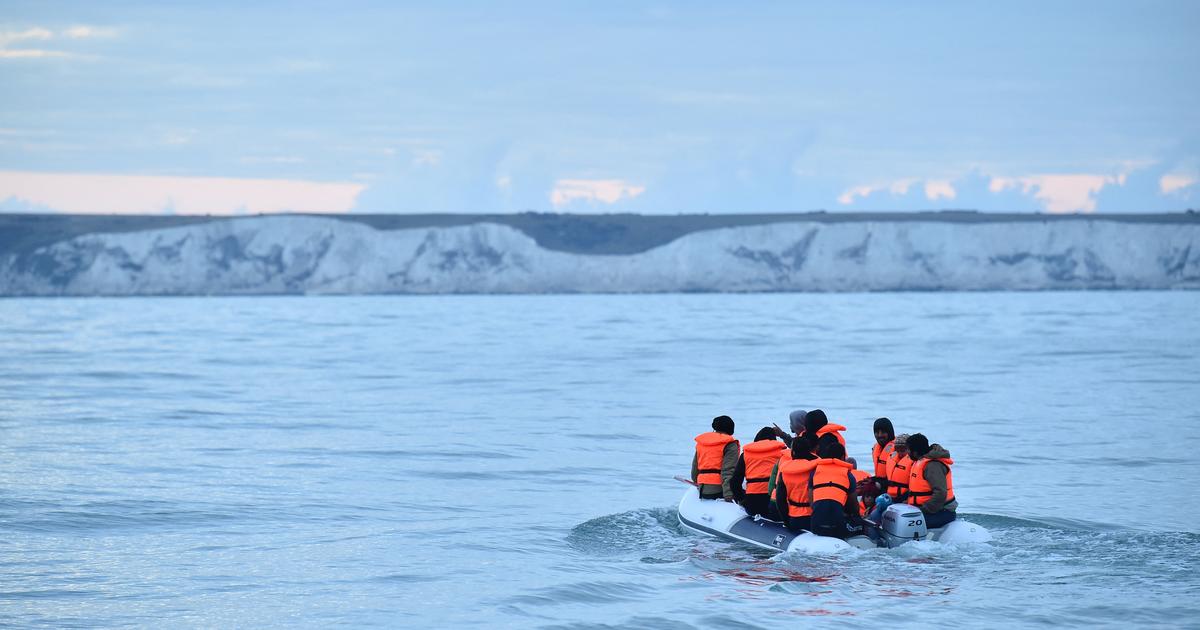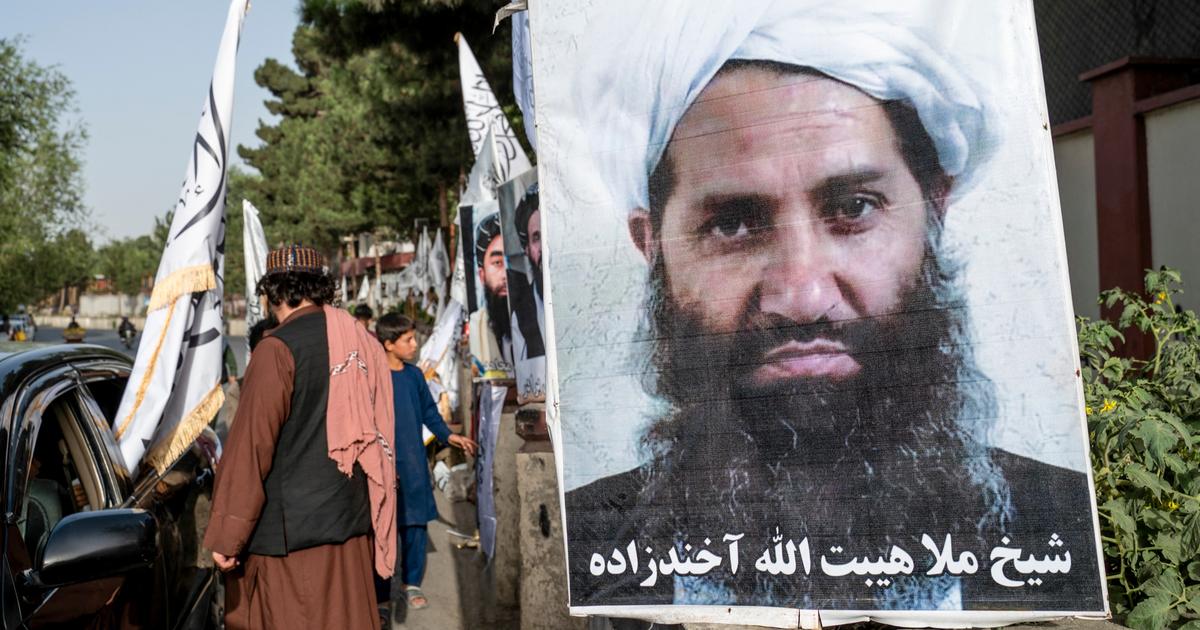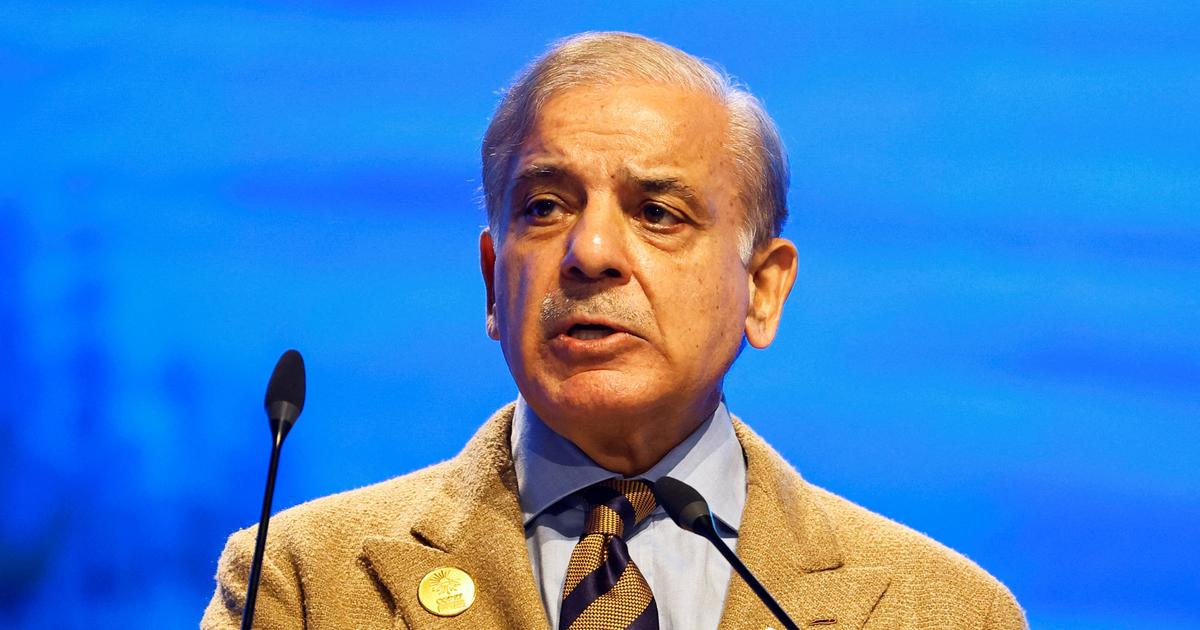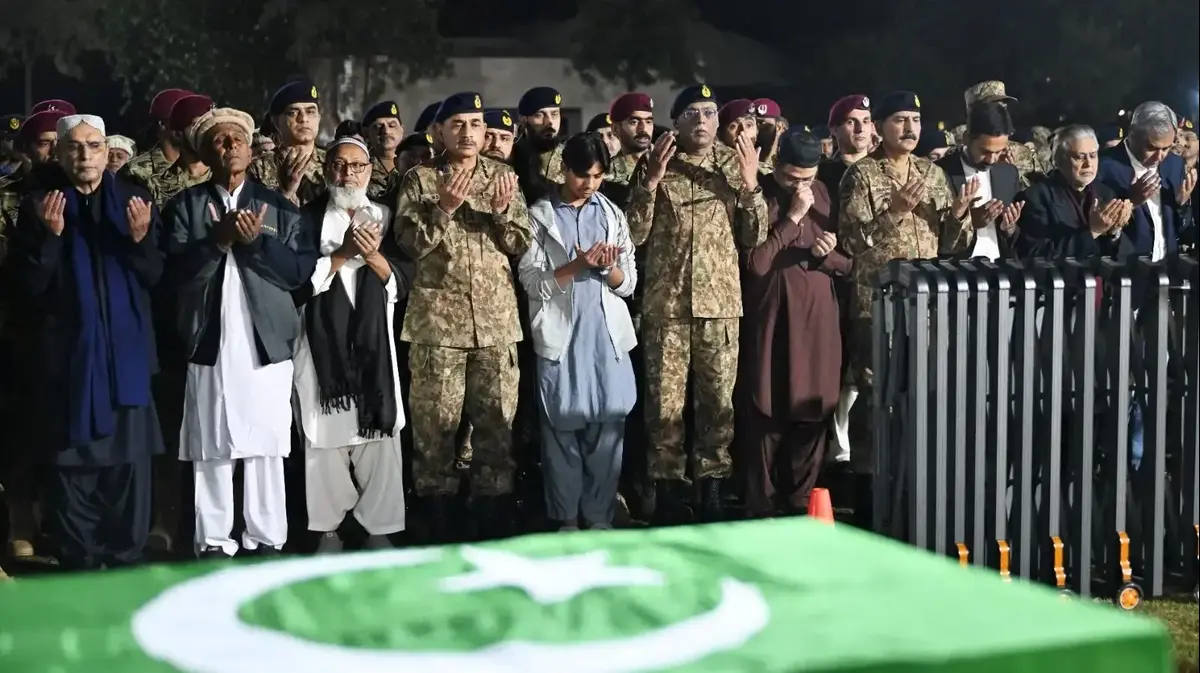"We're just waiting for our deaths": What the Taliban regime means for queer Afghans
Created: 05/26/2022, 15:45
From: Foreign Policy
Taliban spokesman Sabiullah Mujahid during a press conference.
© Hussein Malla/AP/dpa
In the absence of support from the West, queer people in Afghanistan are in mortal danger.
Many are trying desperately to flee.
This article is available in German for the first time – it was first published in
Foreign Policy
magazine on April 20, 2022 .
Kabul – Azad was working the night before Kabul fell.
The 20-year-old finished her five-hour shift dancing at a dawn wedding and went straight to bed.
A few hours later, she woke up to a text message that read, "The Taliban have invaded Kabul." She thought her friend was joking.
She called her partner but he didn't answer the phone.
She called again.
Nothing.
Azad is a trans woman.
And her partner, with whom she has been together for three years, suddenly disappeared.
Even before the United States fled the country and the Taliban retook power last year, Afghanistan was a near-impossible place for queer people to live.
During the 20-year American occupation of the country, homosexuality was further criminalized by a vague wording of the law, endangering all queer people and essentially forcing them to live underground.
Artemis Akbary, a queer activist and co-founder of the country's first organization to support LGBQT+ Afghans, says the support Western countries promised to queer Afghans before and after the US left never materialized.
"Unfortunately, in the last two decades, there hasn't been an organization that has advocated for the LGBT community in Afghanistan," he explains, referring to the time the United States occupied the country.
Akbary's group has so far sent money to 100 queer Afghans who need food and a way to escape.
Afghanistan under the Taliban: The last bit of freedom for queer people has disappeared
Although it has always been difficult to be queer in Afghanistan, at least survival was possible.
Aliya, 24, is a gay man living in western Afghanistan.
Before the Taliban returned, it was often the public that posed the greatest risk.
And although police occasionally attacked LGBTQ+ people, the government did not actively prosecute their gayness as a crime.
Back then, queer Afghans could socialize in certain safe spaces and use the internet to find out about their identity or to stand up for their rights.
Now even that little bit of freedom is gone.
In late January, five months into Taliban rule, Human Rights Watch and OutRight Action International released a report showing that LGBTQ+ Afghans and others who do not conform to rigid gender norms “are facing an increasingly hopeless situation under the Taliban and face serious threats to their security and life.” Some of the 60 LGBTQ+ Afghans interviewed for the report described how they were raped, assaulted and threatened by the Taliban.
“The [Taliban] have taken away our right to life.
We dare not leave our house.
We're just waiting for our deaths," Aliya said.
Like most non-binary Afghans, Azad's parents disowned her when she was a teenager.
She says her father once tried to kill her by forcing her to drink alcohol.
After realizing he couldn't change her, her father eventually ended his own life, according to Azad.
also read
Erdogan partner brings NATO exit into play: Sweden probably makes Turkey an offer - Ankara wants concrete steps
"Increasingly feverish and unstable": Ex-secret service agent reports of "chaos" surrounding Putin
After her father's suicide, she left the family.
She was 15. She began working as a dancer at underground parties, an illegal practice known as
bacha bazi
in Afghanistan , in which wealthy and often powerful men pay boys and trans people to dance for them.
Practices often include sexual abuse and rape.
It was during this time that she met her partner at a restaurant in Kabul where queer people were once free and safe to circulate.
For the first time, Azad had found someone who would soon love her and stand by her.
Queer people in Afghanistan: Experience report under Taliban rule
It was with great relief that her partner finally called back after three days of agonizing waiting.
They met again at her house.
He told her the Taliban arrested him at a checkpoint in Kabul.
When the Taliban gunmen searched his phone, they uncovered text messages and images that revealed his identity as a member of the queer community.
"They asked him where I was, but no matter how much they pressured my boyfriend, he wouldn't betray me," says Azad, crying as she describes how the Taliban raped and tortured her partner.
"You raped my boyfriend.
They pulled out two of his fingernails with pliers and shocked him with electric batons.
They pulled his hair out one by one.
When I saw my friend, his head shaved and his body torn to shreds, I lost all hope.”
According to the half-dozen queer Afghans interviewed for this story, the Taliban appear to be actively searching for them, compounding their already precarious existence.
Amir, 21, used to run an Instagram page campaigning for LGBTQ+ rights in Afghanistan.
However, he has not posted anything since August 2021, fearing the Taliban may use his social media to track him down.
"It helped me a lot to understand that I'm not alone," he explains in a telephone interview, in which he talks about the role that social networks play for him.
Shahriar, 20, says most of his LGBTQ+ friends on social media have also gone silent.
Two of Shahriar's friends, who wanted to build a media presence to advocate for LGBTQ+ rights, are among those who have "disappeared" since the Taliban returned, he said.
Akbary confirms that the Taliban are working to trap queer Afghans.
“In the first week of taking power, the Taliban befriended a gay man on Facebook and told him they could get him out of Afghanistan.
When he met them, they raped him,” says Akbary.
Danger to life for queer people under Taliban rule: "Hell for LGBT people"
For the Afghans, who cannot hide their identities, even going outside is a danger to their lives.
“Afghanistan is hell for LGBT people, especially those whose bodies carry clues about their gender identity,” says Faryal, an LGBTQ+ activist who fled to Europe after the Taliban took power.
"They can't hide their bodies, which means they can't go out to get their basic needs like food.
And there is no family or friends to offer help.”
Aliya says that a few weeks ago he fell ill and was on his way to see a doctor when two Taliban fighters stopped him.
"You are a boy.
Why do you look like a girl?” one of the Taliban fighters asked him.
They asked him for his cell phone, but he pretended not to understand Pashto.
They gave up.
To protect his friends, he now only has the numbers of his closest friends in his phone.
"If the Taliban capture and torture one of us, they can find us all because we know where each of us lives," Aliya says, adding that there are more than 100 LGBTQ+ people in the province where he lives -Afghans knows.
After the attack, Azad and her partner tried to raise money to flee to Pakistan, but it was not easy.
A new passport and a Pakistani visa cost her nearly $1,000.
With the help of an NGO, they managed to raise enough money for one of them to leave the country.
After four months, Azad fled to Pakistan, where she still lives today.
"You have to go and save yourself," she recalls her partner's words.
"I'll find a way to catch up." Earlier this month, he finally succeeded.
He was able to enter Pakistan illegally with $400. “No one, not even my family, treated me nicely except my boyfriend,” says Azad.
"I'm so glad he found a way to get to me safely."
The names used to identify sources in this story have been changed to protect people's identities.
by Zahra Nader and Zahra Mousawi
Zahra Nader
is a Toronto-based reporter for the Fuller Project.
Zahra Mousawi
is a reporter for the Fuller Project and works in Berlin.
This article was first published in English in the magazine "ForeignPolicy.com" on April 20, 2022 - as part of a cooperation, it is now also available in translation to the readers of the IPPEN.MEDIA portals.
Foreign Policy Logo © ForeignPolicy.com
Redressing
the LGBTQ Community: The United States lags behind many countries in addressing past injustices.
Here's why - and what can be done about it.


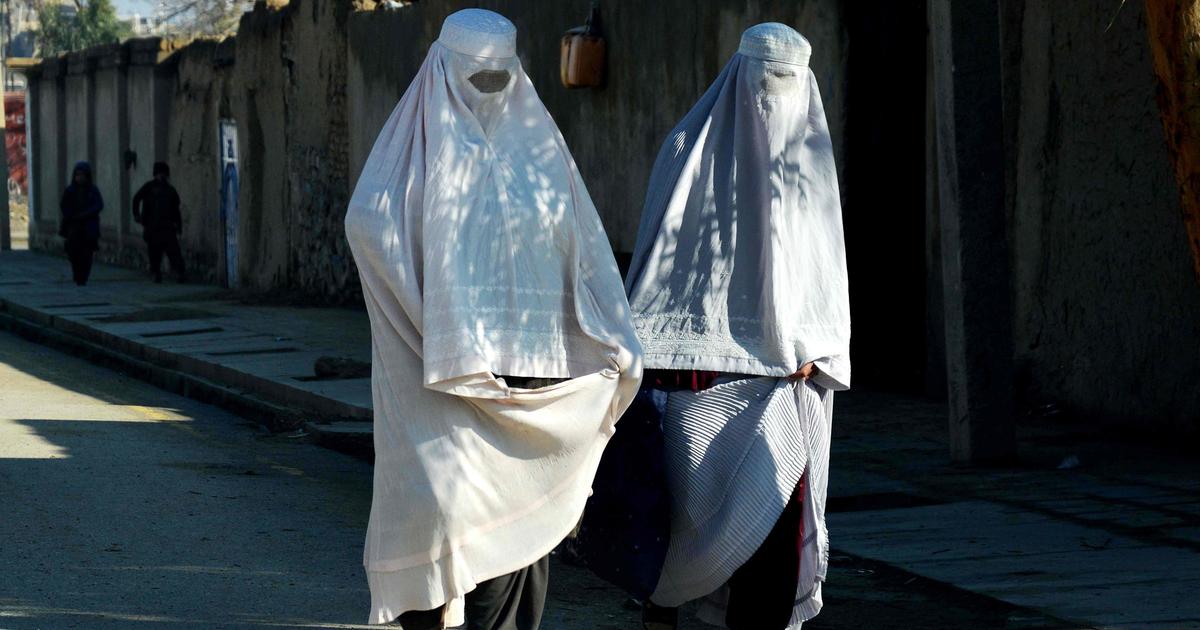
/cloudfront-eu-central-1.images.arcpublishing.com/prisa/KA3LQ5ZEAFEQXOIZXJEEVDUZUQ.jpg)
